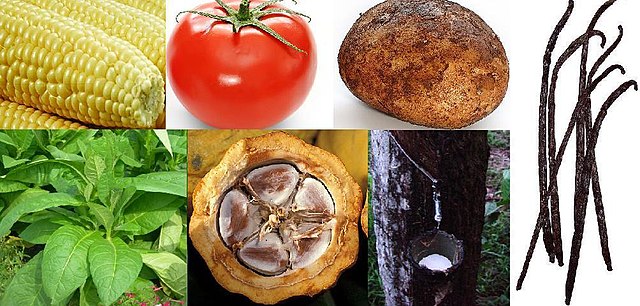The European Union (EU) parliament voted on March 19 to give farmers relative freedom to produce or market old plant varieties.
Similar to an early February 2024 relaxation on farm chemical regulations, this newest revision updates earlier tougher directives. It aims to save declining agricultural biodiversity in Europe by increasing certified reproduction stocks of plants in the market.
The EU parliament also simplified rules on marketing new plant or forestry seeds by unifying ten previous regulations into one rule.
This relaxation follows a July 2023 determination to provide a clear guidance on marketing plant and forestry reproduction materials.
Plant Reproduction Materials
Regarding crop or plant reproduction materials, Members of the European Parliament (MEPs) voted 25 against 2 to adopt the regulation.
The regulation covers seeds, cuttings, tubers, roots and other propagation sources that are marketed within the EU or come as imports.
The exception to the rule is the fact that farmers can use or exchange certified old varieties with little restraint. Nevertheless, these informal exchanges will come with a limited number of seed materials that farmers can give or receive.
Parent stocks that qualify for this exemption include old genetic materials, seedlings of folk crops, certified seeds and other conservation plants.
Henceforth, the transfer of these old varieties or conservation types remain exempt from broader regulations. They will also remain marketable with little suppression for a period of 30 years.
Determining plants that qualify as “old varieties” will be easy since the EU already has 2 million hectares under certified seed. Besides, the bloc spent EUR 13.3 billion on seed stocks in 2021.
Forestry Reproduction Stocks
Apart from standardizing agricultural plant reproduction rules, MEPs also passed revised rules on forestry reproduction regulation.
The European Commission classifies forestry reproduction materials as “parent trees,” which must undergo certification before planting or sale.
So important is the need for certified trees that the bloc is willing to go any mile to restore biodiversity. In 2024, 80% of forests in continental Europe have no more than three tree species apiece, an alarming low.
Therefore on March 19, European representatives voted by 32 votes to 1 to unify 10 existing forestry regulations.
From now on, member states replanting forests will earn almost similar privileges as the farmers freely exchanging old plant varieties. Countries with depleted forests due to forest fires or other climatic effects can buy certified reproduction stocks across borders.
Limitation for Seed Companies
On the flip side of these reproduction breakthroughs is a grumble by seed companies. They opine that there will be extreme limitation on the sale and distribution of their seeds.
Euroseed, for one, stated in a press release that the EU vote “put seed quality…suppliers and users at risk.”
Be it as it may, the unified regulations come at a good timing when climate change and sustainability topics rule.
